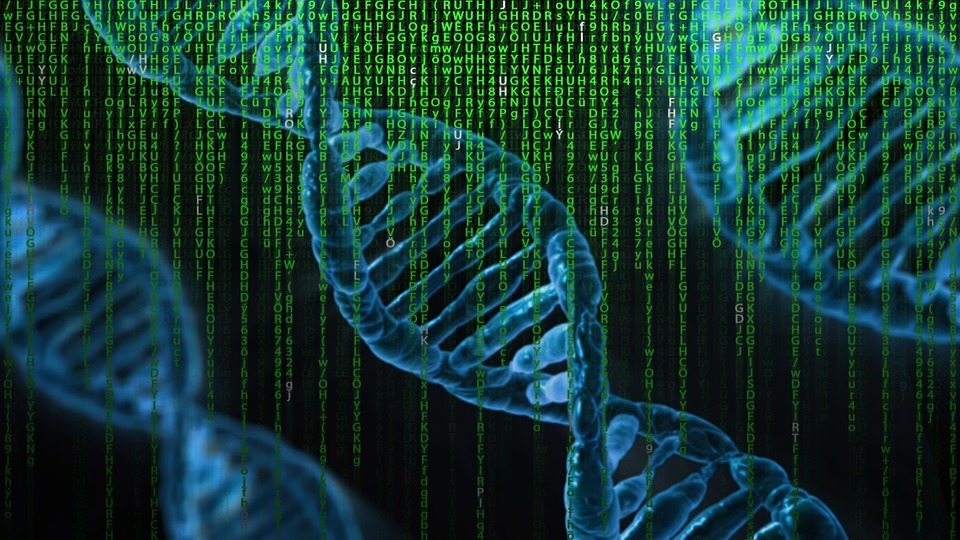CGS-authored

The “CRISPR babies” announced in headlines around the world recently turned two years old, and we still know nothing about their health or wellbeing. Debates continue about whether the societal risks of heritable genome editing are too great to proceed, as do calls for broadly inclusive public participation in such deliberations. In the meantime, we’ve been learning a lot about what can go wrong when using CRISPR to edit human embryos.
In October, the journal Cell published an article describing significant damage to human embryos edited with CRISPR. The experiments conducted in Dieter Egli’s lab at Columbia University found unintended rearrangements or deletions of large stretches of DNA at and around the targeted site. In some cases, the deletions were so large that an entire chromosome was lost. As one headline plainly put it: “In Embryos, Crispr Can Cut Out Whole Chromosomes—That’s Bad”.
The Cell article is the published version of a pre-print paper that, along with two others from Kathy Niakan’s and Shoukrat Mitalipov’s labs, received significant attention in June. At that time, Heidi Ledford...



